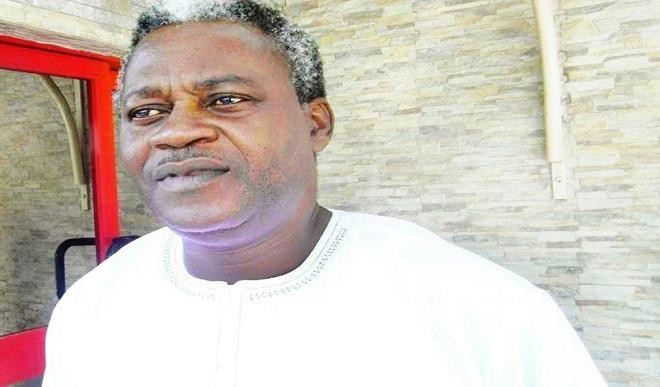Uniting children with their families is all we are about – Lagunju
What is ISS? ISS is a Swiss organization created in 1918 to assist children affected by World War 1; orphans, children who lost their way, children who needed assistance to retrace their family. ISS traces children and settles them back with their families or find alternative places for them-centres, poster families-to take them away from […]


What is ISS?
ISS is a Swiss organization created in 1918 to assist children affected by World War 1; orphans, children who lost their way, children who needed assistance to retrace their family. ISS traces children and settles them back with their families or find alternative places for them-centres, poster families-to take them away from vulnerability on the streets.
Over the years, ISS offices are all over the world-in more than 140 countries. ISS West Africa was created in 2012. It is one of the youngest offices of ISS. It is a network of many organizations around the world with a common goal to assist children, to do transnational reintegration of children in difficulty. Say, a Nigerian child were to be found in New Zealand and wants to come home, ISS New Zealand will contact ISS West Africa and their coordinating office here in Nigeria. The office traces the family of the child and explains what happens.
Is this work different from what UNHCR does or does it complement it?
The UNHCR does not focus only on children, it is focused on refugees. We are not talking about refugees. We are talking about children on the move for different reasons-some seeking refuge from a conflict. We focus on all kinds of children on the move, including economic migrants, those wandering about ECOWAS states for one reason or the other, and those running away from home maybe for economic reasons, drought, abuse, or dangerous practices.
How big a problem are children on the move in West Africa?
All the factors that push children are there. First is poverty. It is everywhere. You see young people from very poor homes that do not have access to basic social services leaving home. To some degree it is a failure on government to provide basic services for children schooling, and where the schools exist, it is so far and they cannot afford it. Some parts of the African culture to some degree push out children as early as possible in order to generate some revenue for the survival of the bigger group. The child may decide to go on his own or the push factors may be so strong they decide to leave their village in the South East and move to Lagos. And there, they meet friends and hear there’s good job in Senegal and they move, without considering it. They may not have money for air ticket and they move overland. Something happens on the way, they are in difficulty or homesick and life is not as they thought. They want to come back, and maybe their parents are even looking for them. That’s where ISS comes in to make sure the child is safely returned to the family and support is given to him to help him reintegrate. There is support also for the family, but if the community is very poor, then they need some sort of support to better take care of their children and prevent risky migration.
Are all these children less than 18, legally minors?
There are minors less than 18, but there are some older than 18-young adults to the age of 25.
You work across the whole of West Africa for ISS.
Is there a pattern among children on the move for the region?
Some, from the southern part of Nigeria, particularly girls, move in the direction of Sokoto to enter Niger Republic and move on to Agadez, hoping to go to Europe. Along the line, they may have difficulties. Sometimes they move on their own, sometimes in groups under somebody’s direction-trafficking. They may not have money and go into prostitution along the line and they become very, very vulnerable. In some cases they pass through Kano in the same direction to Agadez.
And there are some movements that stop only in Africa. People deceive young people by promising to take them to, say, Malaysia, then they settle in Burkina Faso and sell them into prostitution.
The young boys are moving around looking for better opportunities. You know the cases of Beninese children coming into Nigeria to work-in quarries in Abeokuta. You have young people going into cocoa farms of Cote d’Ivoire. People move all over the West African states. The borders are porous.
Does that make the work a challenge?
It is good when there is a response package to a difficult situation. If there had not been a good response package for these vulnerable children, then probably it would have been a bit difficult. There is a well formulated response or procedures to take to make sure these children return home-for children who want to have supported childhood in their family environment.
People will continue to move because of the ECOWAS protocol on free movement, but the only thing we need to advocate now is a transnational policy on protection of children on the move. That this problem exists is known, that there is something that can be done about it has been proved by ISS West Africa through the WAN network.
In the last 10 years, more than 5,000 have been identified in different countries of West Africa and reintegrated with their families. This network can be expanded. There are more than 5,000 children moving every day. If there’s a transnational policy in place, it makes understanding the plight of these children easier, contact and collaboration and networking between different state actors in West Africa easier, and then we will know actually what is happening in our region in terms of children on the move.
